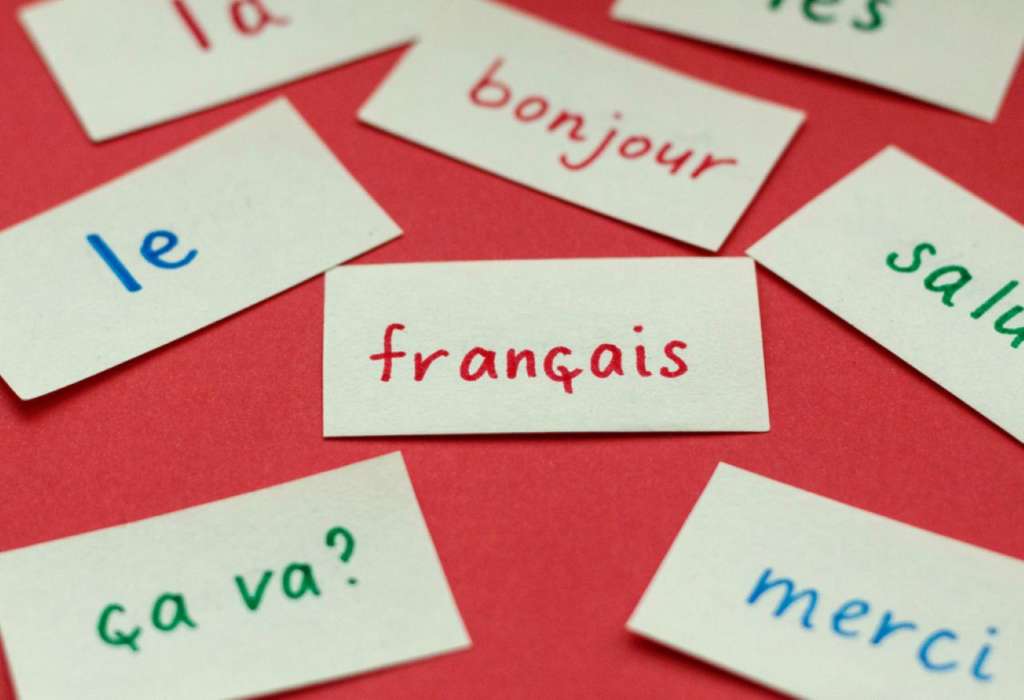Considering a French Language Course?
It’s a great idea to learn French by doing a French language course. It is always a good idea to undertake courses of interest to further enhance your CV. One great way of doing that is by undertaking a language course. This can be a great addition to your CV that will make you stand out. Not to mention, the next time you fly over to Paris, you can have a bit of French under your belt. The good news is there are lots of French language courses currently available both online and in person.
Interesting Facts About the French Language
The French language is spoken across the globe. It is the second most spoken language after English. It is also the only language, alongside English, that is taught in every country in the world. French boasts more than 100 million students and 2 million teachers. In fact, the amount of French speakers has tripled since 1945. French remains a working language of the EU and the UN in addition to many other international organisations including Amnesty International, International Labour Organisation, the Red Cross and Doctors Without Borders.
French has a rich history. Around 75% of French citizens did not speak French as a native tongue at the time of the French Revolution. It was not until the 1800s that French was a language that was more widely spoken in Germany and Holland, than it was in some parts of France. The French Academy was established in 1635 and it was the first ever organisation to rule over a language. Since its inception, a majority of the world’s main languages have established such governing bodies. French also has widespread influence.
Around a third of basic English words derive from French, including words such as challenge, pride, war and view. In addition, French has over a million words, with 20,000 new ones created each year. English continues to borrow words from the French language and adapt them into its everyday lexicon. Words such as déjà vu, cul-de-sac, and popular phrases like femme fatale or film noir. French is also a widely used language in the United States.
It is the fourth most used language there and is the second most taught after Spanish. Florida, California and New York have joined New English and Louisiana as the main centers of French in the United States. About half of the foreign films watched in the United States are French language films, with 30% of foreign books being read in the French language. More than 1.5 million Americans are native French speakers and another 6 to 11 million speak French as a second language fluently.
Interestingly, French and ballet actually go hand in hand. As a result of ballet being formalised in France, a significant part of ballet terminology is French. For example, Rond de jambe, plié, and enjambé are all French words that describe various formal ballet poses. Similarly, so do French and the culinary world. France is truly known for its fine dining in addition to its wine exports. Therefore, it is not a huge surprise that French words go along with it all: words such as brie, foie gras and sauvignon blanc are all French words that are commonly used in the culinary world.
However, the influence of the French language goes beyond the restaurant scene and back into the kitchen also. Chefs have taught themselves to master the French arts, including consomme, julienne and even, mayonnaise. The breadth, popularity and reach of the French language is undeniable. It is a language of writers and poets, for foodies and wine lovers. It is a language that is embraced by teachers, students and scholars and spoken between world leaders in politics, business and social justice. To top it all off, it is one of the most musical, beautiful languages the world has ever known.
What Will I Learn?
Doing a French language course, you can expect to learn the basics such as how to present yourself in French, how to speak about yourself and your family, speak about your profession, hobbies and passions. You will also learn how to ask questions to other people such regarding their identity, profession and hobbies. How to interact with others in restaurants, shops, streets and on transport will also be covered.
In addition, you will learn about the basic grammar rules for the French language such as structures of French, present tense, the determiners, the nouns, the adjectives, forming a question in French, the negations and French pronunciation. Depending on the course you choose, you may cover more than it is listed here. However, these are the basic, universal areas that you can expect in any French language course.
If you are serious about doing a French language course, check out courses near you in the Nightcourses.co.uk national course finder.




